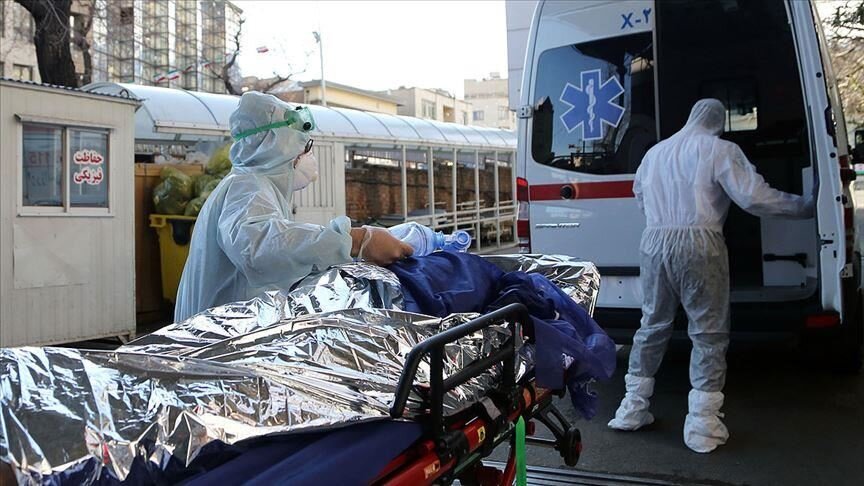COVID-19 at record high, Tehran in ‘extremely severe’ condition

TEHRAN – Iran registered unprecedented 3,902 new cases of coronavirus and 235 deaths on Monday as the capital city Tehran is experiencing ‘extremely severe’ condition.
The total number of infections rose to 475,674, Health Ministry spokesperson Sima-Sadat Lari said.
She added that 392,293 patients have so far recovered, but 4,167 remain in critical conditions of the disease.
During the past 24 hours, 235 patients have lost their lives, bringing the total number of deaths to 27,192, she added.
Lari noted that so far 4,151,445 COVID-19 tests have been conducted across the country.
She said the high-risk “red” zones include provinces of Tehran, Isfahan, Qom, East Azarbaijan, South Khorasan, Semnan, Qazvin, Lorestan, Ardebil, Khuzestan, Kermanshah, Kohgiluyeh and Boyer-Ahmad, Gilan, Bushehr, Zanjan, Ilam, Khorasan Razavi, Mazandaran, Chaharmahal and Bakhtiari, Alborz, West Azarbaijan, Markazi, Kerman, North Khorasan, Hamedan, and Yazd.
The provinces of Kordestan, Hormozgan, Fars, and Golestan are also on alert.
Tehran in extremely severe condition
The situation in Tehran is extremely severe, Masoud Mardani, a member of the National Headquarters for Coronavirus Control, has said, adding, “If the upcoming holiday trips start, we will probably have to set up field hospitals.”
The transmission of the disease in Tehran is beyond acute and worrisome, and the process of dealing with the virus is very bad, he lamented.
The number of hospitalized patients in the capital has increased dramatically, and hospitals are overcrowded with no room for new patients - ICU beds are also overcrowded, and the number of deaths is rising, he said.
Face masks mandatory outdoor
Next week, the use of face masks will be mandatory in Tehran province and the implementation of this law will be closely monitored, Anoushirvan Mohseni Bandpey, Tehran governor-general stated.
Accordingly, restrictions were imposed on educational classes, recreational places, sports halls, gardens, museums, and gatherings that increase the chain of transmission, as well as Friday prayers, he noted.
“We offered telecommuting as well as shifts in Tehran, which has been submitted to the Ministry of Interior, which is awaiting approval,” he explained.
The subway system carries more than one million passengers daily, and the municipality of Tehran must monitor social distancing and the use of masks in the subway stations, he highlighted.
FB/MG
